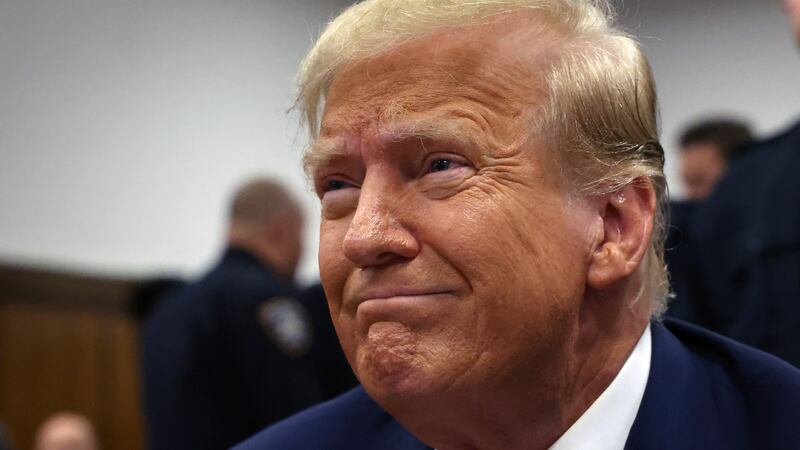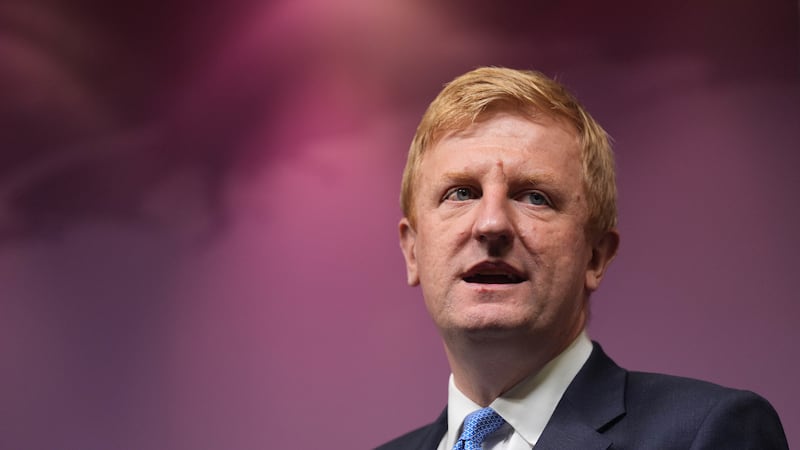NURSE being treated for Ebola in London could be given blood donations from survivors including Will Pooley in a bid to overcome the deadly virus, the government's chief medical officer said.
Pauline Cafferkey, a public health nurse at Blantyre Health Centre in South Lanarkshire, is receiving specialist treatment via a quarantine tent at the Royal Free Hospital in north London.
Chief medical officer Professor Dame Sally Davies said the experimental drug ZMapp, which was used to treat Mr Pooley, the first UK citizen to contract the disease, is "not available at the moment".
Among options of alternative treatment she said: "We do have available a small amount of convalescent plasma. Plasma is the liquid of blood and convalescent is the recovery phase.
"Will Pooley gave a donation of the plasma and the theory is as we fight off infections we make antibodies and if you harvest the plasma you got a source of antibodies that you can put in to someone and you'd expect it to work.
"But the cornerstone of treatment remains fluid and electrolyte treatment."
Dame Sally said the course of treatment would be discussed privately between the 39-year-old patient and her clinician.
Scotland's first minister, Nicola Sturgeon, said yesterday that Mrs Cafferkey is "doing as well as can be expected in the circumstances".
Mrs Cafferkey was initially placed in isolation at a Glasgow hospital early on Monday after feeling feverish, before being transferred south on a military-style plane.
She had flown from Sierra Leone via Morocco to Heath-row Airport where she was considered a high risk because of the nature of her work but screened without concern.
While waiting for a connecting flight to Glasgow she raised fears about her temperature and was tested a further six times in 30 minutes.
But after being given the all-clear she flew on to Scotland and took a taxi to her home where she developed a fever and raised the alarm.
Dame Sally said questions have been raised about the airport screening procedure.
"She was cleared to travel because she didn't have Ebola symptoms including a raised temperature," she said.
"It does raise a question whether we should be more precautionary. The risk of raised temperature when she came back appears to have been very low.
"That's why we look at what we do all the time to see should we have been more precautionary, is it in the public's interest? Is it in the patient's interest?
"I doubt it would have made much difference."


